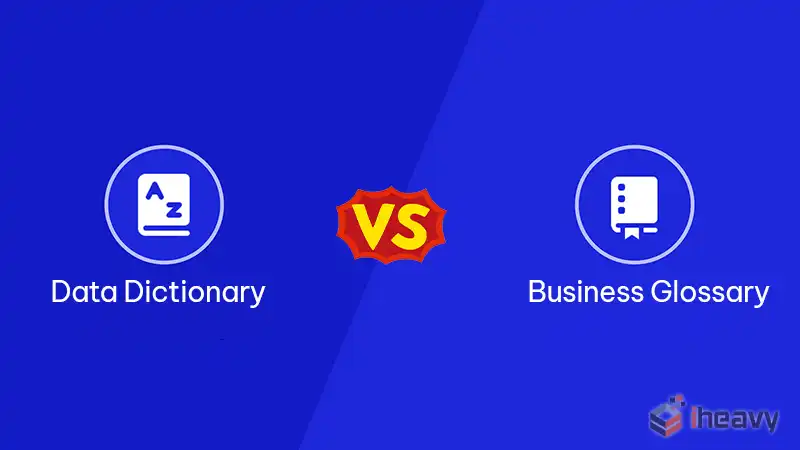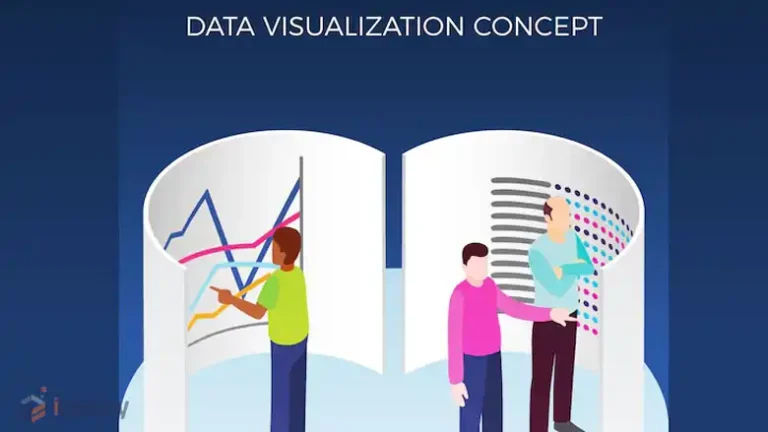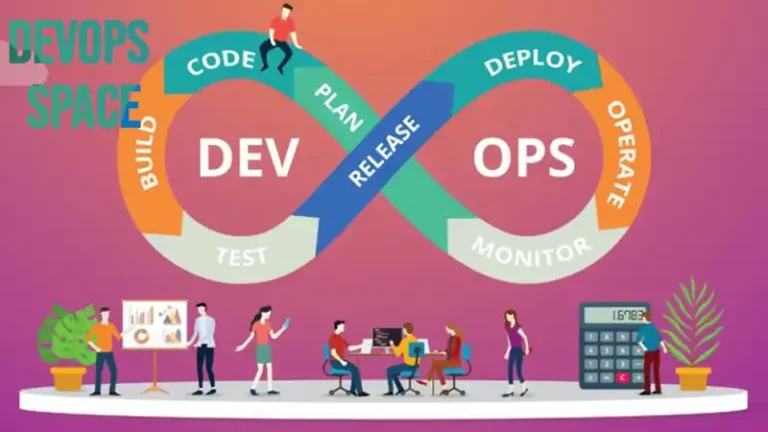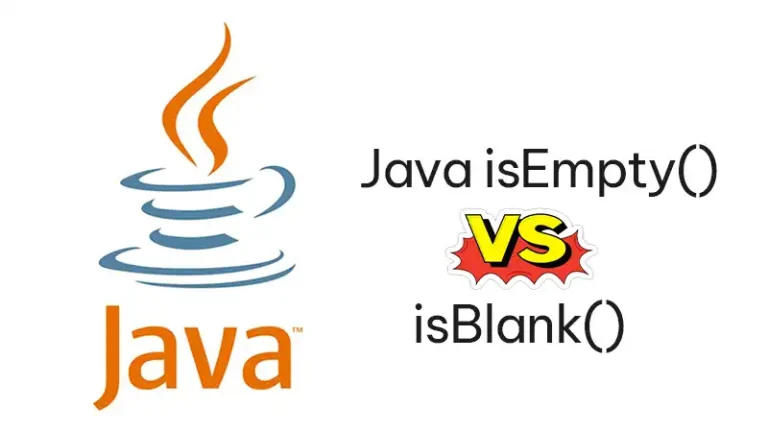Business Glossary vs Data Dictionary | Understanding the Differences
In the realms of data management and governance, the terms “business glossary” and “data dictionary” often arise. While both are crucial for ensuring effective communication and understanding of data, they serve different purposes. This article explores the distinctions between a business glossary and a data dictionary, highlighting their unique roles in data management.

What is a Business Glossary?
A business glossary is a comprehensive list of business terms and definitions used within an organization. It provides a common language for business users, ensuring clarity and consistency in communication.
Key Features of a Business Glossary
Business Context
Focuses on business terms and concepts.
Non-technical
Written in a way that is understandable by non-technical users.
Standardization
Ensures consistent use of terms across the organization.
Collaboration
Facilitates communication between different departments and stakeholders.
Example
Term: Customer
Definition: An individual or entity that purchases goods or services from the company.
What is a Data Dictionary?
A data dictionary, on the other hand, is a detailed description of data elements within a database or information system. It includes metadata about data fields, such as data types, formats, and relationships.
Key Features of a Data Dictionary
Technical Focus
Primarily intended for technical users, such as database administrators and developers.
Metadata
Provides detailed information about data elements.
Data Management
Helps in understanding the structure, constraints, and usage of data.
Database Documentation
Serves as a reference for the design and implementation of databases.
Example
Table: Customers
Field: CustomerID
Data Type: Integer
Description: Unique identifier for each customer.
Constraints: Primary Key, Not NullDifferences Between Business Glossary and Data Dictionary
Purpose
Business Glossary aims to standardize business terminology and improve communication.Data Dictionary focuses on documenting the technical aspects of data elements and structures.
Audience
Business Glossary intended for business users, including analysts, managers, and other stakeholders. Data Dictionary geared towards technical users, such as developers, database administrators, and data architects.
Content
Business Glossary contains definitions of business terms and concepts. Data Dictionary includes metadata about database fields, data types, constraints, and relationships.
Usage
Business Glossary used for ensuring clarity and consistency in business communication. Data Dictionary used for designing, managing, and maintaining databases and information systems.
Why Both Are Important
Both a business glossary and a data dictionary are essential components of effective data governance. They complement each other by addressing different aspects of data management:
Business Glossary enhances communication and understanding among business users, ensuring everyone speaks the same language. Data Dictionary provides technical details necessary for database design and maintenance, ensuring data integrity and usability.
Frequently Asked Questions
Can a business glossary and data dictionary be integrated?
Yes, integrating a business glossary and a data dictionary can provide a holistic view of data, bridging the gap between business and technical perspectives. This integration ensures that business definitions align with technical metadata.
Who is responsible for maintaining the business glossary and data dictionary?
Typically, a data governance team or data stewards are responsible for maintaining both the business glossary and data dictionary. They ensure that the information is accurate, up-to-date, and accessible to the relevant users.
How often should the business glossary and data dictionary be updated?
Both should be updated regularly to reflect changes in business terminology, data structures, and systems. Regular updates ensure that both documents remain relevant and useful.
Conclusion
Understanding the differences between a business glossary and a data dictionary is crucial for effective data management. While the business glossary standardizes business terminology and improves communication, the data dictionary provides detailed technical information about data elements. Together, they form a comprehensive framework for data governance, ensuring clarity, consistency, and effective management of data within an organization.





